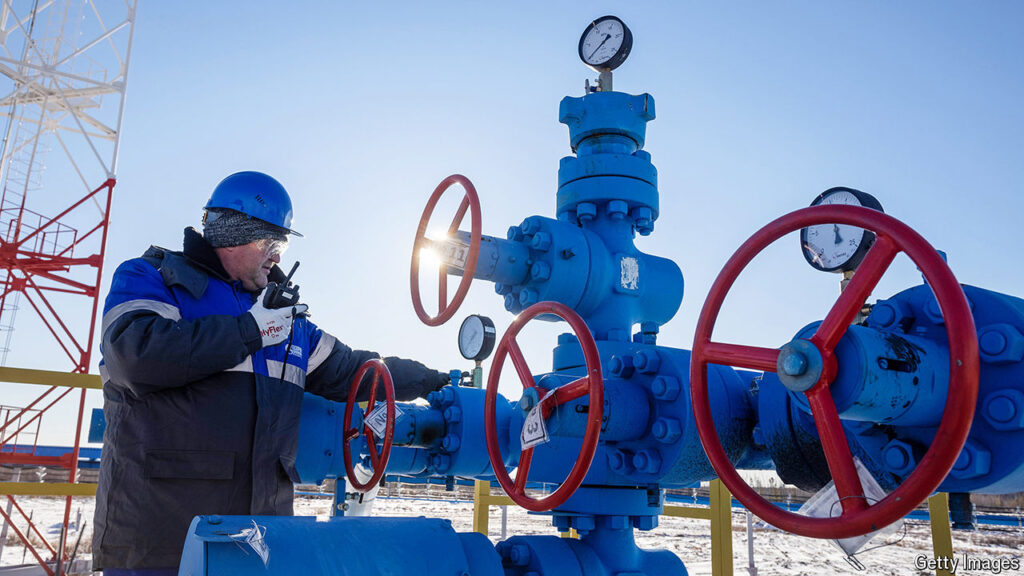In fact, Russia’s gas industry has been in decline for years, its infrastructure crumbling and investments insufficient. Yet it was good enough to keep the West hooked. Pipelines, the so-called “energy arteries of Europe”, have been in place for decades, making it hard to switch energy suppliers overnight. However, after being blackmailed by Russia once too often, Europe started investing in alternative energy sources. As a result, renewable energy now accounts for over 20% of the EU’s electricity production, up from 10% in 2021. This shift has not only reduced Europe’s dependence on Russian gas but has also helped the continent meet its climate goals.
Russia’s gas supply cuts were supposed to create chaos in the EU, to force the bloc to beg for gas. But instead, they prompted Europe to take concrete steps towards energy independence. Countries like Germany, France, and the Netherlands have ramped up their renewable energy production, while others have invested in energy storage solutions. The EU has also revisited its energy security strategy, with a renewed focus on diversifying gas supply routes and increasing LNG imports from countries like the United States, Qatar, and Australia.
While Europe has managed to weather the storm of Russia’s gas supply cuts, the situation in Russia is dire. Gazprom, once a cash cow for the Russian government, is now bleeding money. The company’s revenues have dropped by over 50% since 2022, leading to massive layoffs and social unrest in gas-producing regions. The Russian government, heavily reliant on gas revenues, is struggling to make ends meet, resorting to borrowing and printing money to fill the gap left by Gazprom.
The decline of Russia’s gas industry has not only affected the country’s economy but also its geopolitical influence. Gas has been a major tool for Russia to exert its power over Europe, using it as a political weapon in disputes with countries like Ukraine and Belarus. With its gas revenues dwindling, Russia’s ability to influence its neighbors is also waning. In addition, the EU’s move towards energy independence has weakened Russia’s leverage in negotiations, forcing the country to seek alternative markets for its gas.
Overall, Russia’s decision to cut gas supplies to the EU has backfired spectacularly. Instead of caving in to Russia’s demands, Europe has used the crisis as an opportunity to reduce its dependence on Russian gas and accelerate its transition to renewable energy. As a result, Russia finds itself in a precarious position, struggling to maintain its dominance in the European energy market while facing economic and social challenges at home. The tables have turned, and it is now Europe that holds the upper hand in the energy game.



